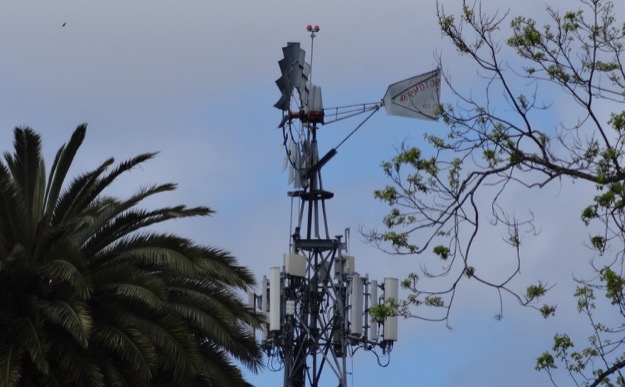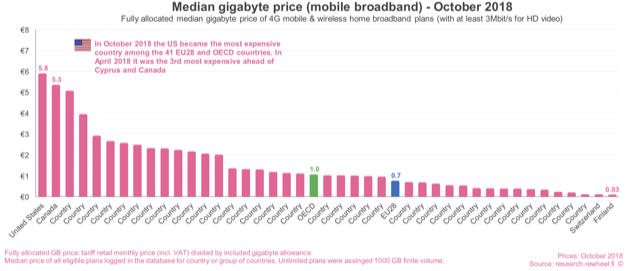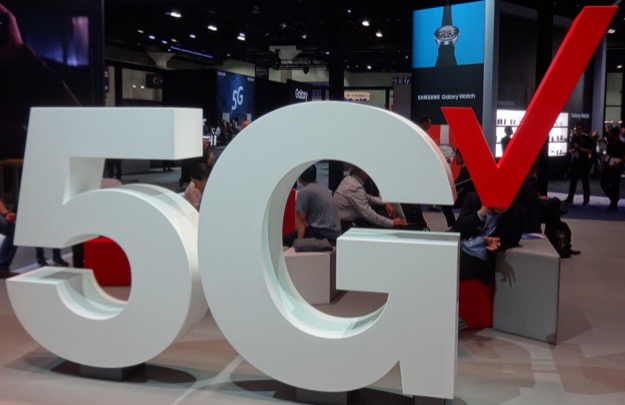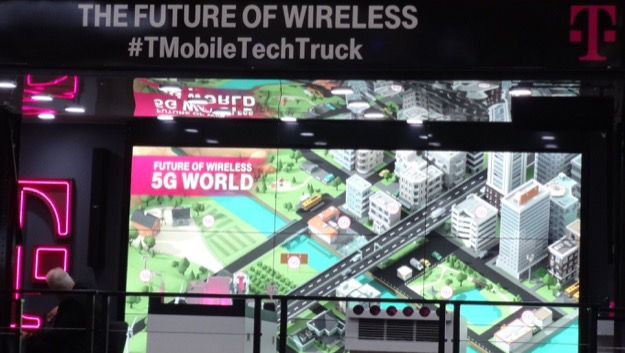AT&T’s theory of Evolution assumes its customers aren’t highly Evolved
![Christopher DOMBRES [CC BY-SA 4.0 (https://creativecommons.org/licenses/by-sa/4.0)], from Wikimedia Commons Att customer evolution](https://www.tellusventure.com/images/2018/12/att_customer_evolution.png)
AT&T subscribers will get 5G on their smartphones soon. No, not 5G service. Just a “5” and a “G” and a little bitty “E” at the top of their screens, where it now says “4G”. It’s a branding move, and not a particularly honest one. About a year ago, AT&T announced it was relabelling its 4G upgrades as 5G Evolution (that’s what the little E stands for).
According to a story in Fierce Wireless by Mike Dano…
… MoreAT&T…introduced the “5G Evolution” marketing label to cover markets where it offers advanced LTE network technologies…AT&T has argued that such technologies pave the way for eventual 5G services, though critics have argued that AT&T’s “5G Evolution” marketing moves only serve to sow confusion among consumers.

![Darrin [CC BY-SA 2.0 (https://creativecommons.org/licenses/by-sa/2.0)], via Wikimedia Commons](https://www.tellusventure.com/images/2018/12/phillies_spring_training.jpg)

![By Taken by fir0002 | flagstaffotos.com.au Canon 20D + Canon 70-200mm f/2.8 L (Own work) [GFDL 1.2 (https://www.gnu.org/licenses/old-licenses/fdl-1.2.html)], via Wikimedia Commons](https://www.tellusventure.com/images/2017/3/monopoly_board_625.jpg)





